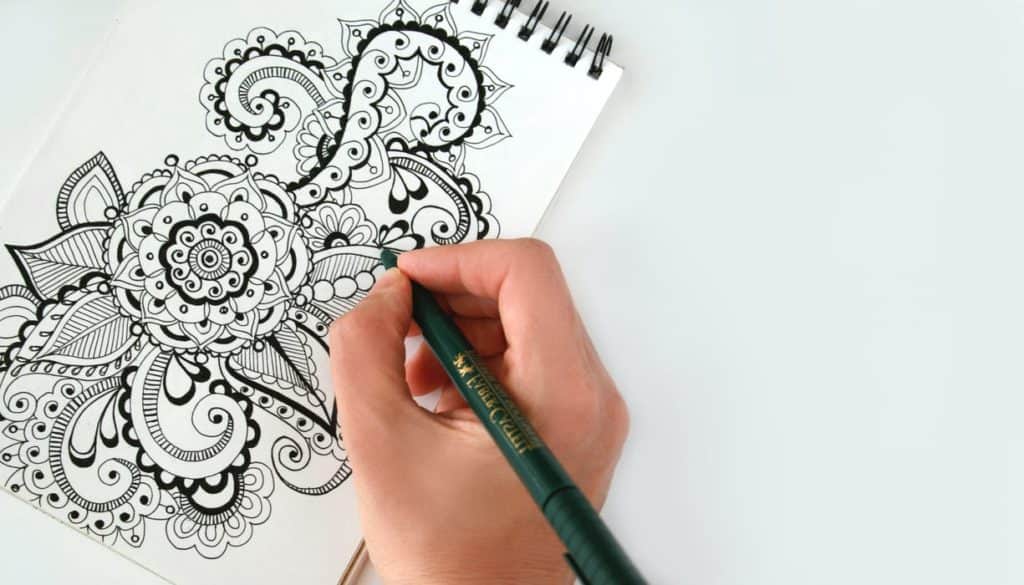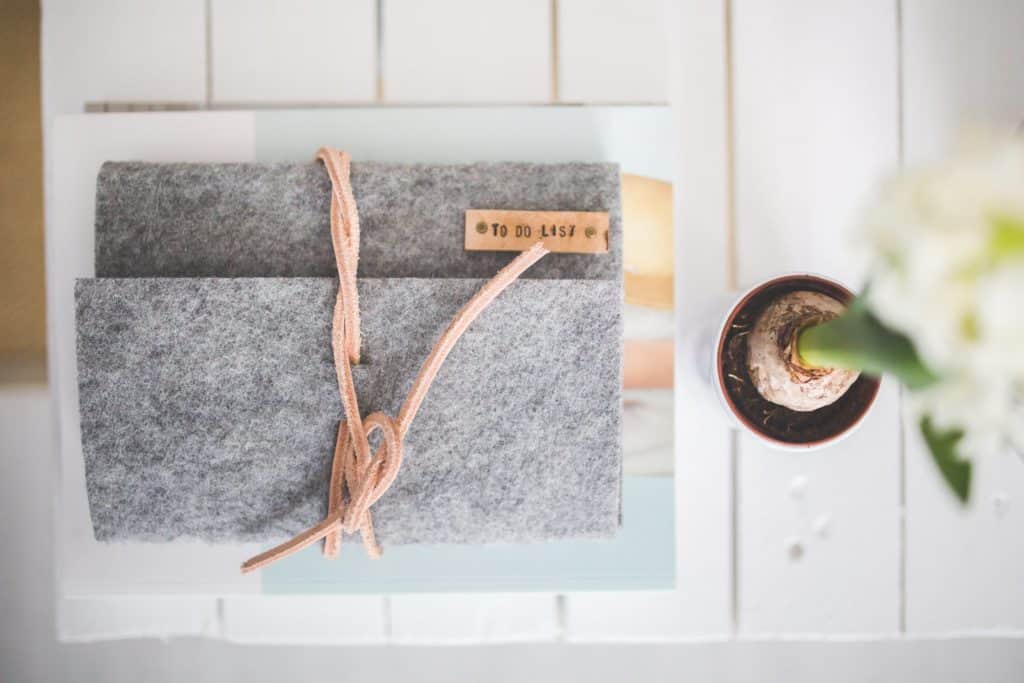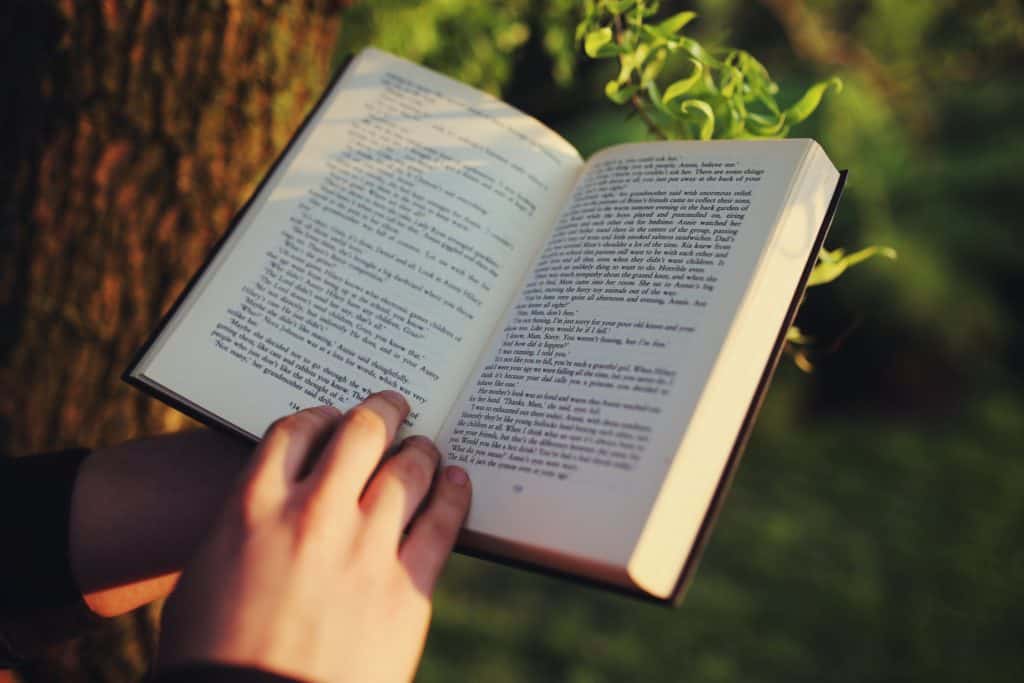It is not uncommon for sufferers of chronic worry or concern (known as anxiety) to experience anxiety after waking up in the morning or in the sixty minutes that follow. This is referred to as ‘morning anxiety’. Starting your day feeling anxious is not a nice way to begin your day and thinking of what you need to achieve as the day unfolds can be very daunting and unpleasant.
Pulling up the covers of your cosy bed can seem like the most desirable thing to do when you are experiencing morning anxiety. Nevertheless, thankfully there are a number of things you can implement into your day and life that can help you to manage your morning anxiety.
In Part One of our ‘Morning Anxiety’ series, we took a look at a variety of causes of morning anxiety. To read this article ‘Morning Anxiety – Part One: What Is Morning Anxiety?’, please click here. In Part Two of our series, we will now take a look at some of the best things you can do in order to better manage your feelings of morning anxiety.
Things You Can Do To Help You Manage Your Morning Anxiety
Allow Yourself Adequate Time To Get Ready In The Morning
Waking up at the very last minute and then having to rush to prepare and complete all the things we need to in the morning before we start our day (e.g. work) is a sure-fire way to get ourselves feeling stressed and is often a contributing cause to morning anxiety.
Sit down and take a moment to draw two columns on a piece of paper. Jot down all the things you need to do in the morning on the left, and in the right-hand column, write the approximate amount of time it takes to complete each activity and total the amount of time at the bottom. Your list may include time to wake up, meditate, feed the dog, exercise, prepare/eat breakfast, prepare your lunch/snacks, shower, get dressed, pack your bag, lock up the house, travel (i.e. your commute) etc. (in no particular order).
By having a clear understanding of what you need to do and how long each activity will take, you can work out what time you need to get up in order to allow yourself plenty of time to get ready in the morning and reduce any unnecessary stress related to getting up too late and having to rush.
Begin Your Day With Positive Thinking
When we regularly wake with morning anxiety or develop it in the first sixty minutes after waking up, it can cause us to develop negative thought patterns. We can begin to expect to or assume we will feel anxious after waking and this expectation can further fuel our morning anxiety.
However, with some consistency and regular practice, it is possible to change this way of thinking and to encourage ourselves to think positively rather than negatively.
Beginning a gratitude and/or positivity journal is a great example of how you can work to move away from negative thought patterns and towards positive thinking. Choose a time of day, before going to sleep for example, that suits you to take a moment and write down in a journal at least three positive things that occurred during your day/things you are grateful for. Or, if you are feeling anxious in the morning, grab your journal and reflect on the wonderful events that occurred the day before and try writing down a minimum of three activities you have to look forward to in the day that lays ahead.
By practising this habit, you will soon begin to see more and more moments of positivity and opportunities for gratitude in your day-to-day life, which can help to reduce feelings of morning anxiety.
Try Incorporating Exercise Into Your Morning Routine
Exercise is one of the most beneficial ways you can work to reduce morning anxiety after waking up. Morning exercise has many benefits for a person suffering from morning anxiety. Morning exercise:
-is a healthy distraction from anxious thoughts and can help to reduce your symptoms of anxiety
-can help to reduce your stress levels as well as help you to better manage your stress
-can lift your mood via the release of endorphins or “happy hormones”
-provides an energy boost to start your day
-can aid your memory and ability to concentrate
-can help you to relax and achieve a better quality of sleep
Choose an activity that you enjoy, whether it’s something more gentle, such as stretching, yoga or a nice stroll outdoors, or something a little more rigorous, such as running, strength training, cycling or swimming. Feel free to mix it up over your week as you see fit and where you can, get outdoors in the fresh air in the morning to complete your exercise, for added rejuvenation.
Give Mindfulness Meditation A Try
Mindfulness meditation is a fabulous way to centre our attention on the present moment and begin our day in a calm state of mind, rather than waking and worrying first thing about all we need to achieve over the day ahead.
Mindfulness meditation refers to the practice of focusing the mind (meditation) on the present moment (mindfulness).
If you are new to the concept of mindfulness meditation and its benefits for anxiety and depression, it may be worthwhile for you to take some time to read our article ‘Beginners Guide To Mindfulness Meditation For Depression And Anxiety’. In this article, we discuss three different options for mindfulness meditation exercises which you can try in order to manage and/or relieve your morning anxiety.
If you are short on time or feel too sleepy to practise meditation in the morning, practising at another time of day can still be very beneficial for helping to manage your anxiety.
Ensure You Have Something To Look Forward To Each Day
When we have a large number of responsibilities on our plate, whether they be family, household, work, study or social responsibilities, it can be easy for morning anxiety to creep in as we feel snowed under by all we need to achieve and feel like we are not having enough fun.
It can help to take some time each evening before you go to bed to look at what you need to achieve the following day and where you can, slot in some time for something you enjoy between your responsibilities. Whether it’s for five, ten or thirty minutes or for an hour or more, having something to look forward to each day can help to reduce feelings of morning anxiety.
You may wish to consider activities such as taking a tea or coffee break, walking your dog, exercising, meditating, reading a good book, listening to music, watching your favourite TV show, drawing or painting, playing an instrument, meeting up with a friend or family member… The options are many! Just like exercise, choose something you enjoy and ensure that even if it’s for just five minutes on more hectic days, you have something to look forward to each day. Life is to be enjoyed, after all!
Look At How You Can Make Work More Enjoyable
For many people, their workplace or role in the workplace is often a source of their morning anxiety, whether it be due to a poor job or workplace fit, a high stress role, demanding management, difficult co-workers or other reason.
Where work is a major cause of your anxiety, do what you can to make your work more enjoyable. “How can I achieve this?” you may be thinking? Perhaps you can consider:
-setting goals for your work week and congratulating yourself as you tick them off
-listening to music you enjoy while you work (where safe/appropriate)
-decorating your desk or workplace with things that bring you joy (e.g. with photos, greenery, etc)
-offering a compliment to someone else (it will often help to brighten your mood, too)
-getting to know your colleagues and working to build team comradery (building a community can help you to feel happier in the workplace)
-suggesting to management how something may be improved
-taking regular breaks away from your desk/work space to re-group
Simplify (Where Possible) And Write Down Your Morning Routine
Sometimes our morning routine alone is enough to send our mind into a frenzy and for our morning anxiety to kick into gear.
Simplifying and writing down our morning routine the night before (or if your morning routine is the very same each day, writing it down once shall suffice) can not only help us to fall asleep more easily with less to worry about, but can make our mornings much less stressful too.
In this case, we don’t need to remember and recall all we need to do, but instead we can refer to a piece of paper or a whiteboard on our bedside table, wall, or kitchen bench for example, that entails what we need to do to get ready in the morning.
Additionally, writing down commitments and responsibilities required of you for the remainder of your day and/or week can also be helpful (such as family and social commitments, appointments, meetings, deadlines, errands, household chores and relaxation time).
Prepare For Your Day The Night Before
Taking some time in the evening to prepare for the day ahead is a great way to reduce your morning to-do list and can help you to reduce feelings of anxiety soon after waking up. Simple tasks such as choosing your clothes for the day, laying out your exercise gear for the morning, packing your bag and/or preparing your breakfast and lunch are all great ways you can work to streamline the following morning’s to-do list.
Eat And/Or Drink Soon After Waking Up
For some individuals, fasting overnight and any dehydration can cause them to feel anxious after waking. In this case, it can help to re-hydrate and eat something soon after you hop up from bed. Avoid consuming large amounts of caffeine or sugar which may further fuel your morning anxiety.
Make Your Bedroom A Peaceful Place To Fall Asleep And Wake Up In
Take a moment to look at your sleeping environment, i.e. your bedroom. Is it a calm and cosy space? Or is it messy, cluttered and full of things that make your mind wander?
Our bedroom should be a peaceful sanctuary conducive to a solid night of sleep. Take time to clear any clutter from your room before you sleep each night, ensure lighting (and any noises) are soft and peaceful, and ensure your bedroom (and bed linen) are of a comfortable temperature for sleeping.
Place a dressing gown and slippers next to your bed to make it that bit cosier on cool mornings, invest in a dimmable light and be sure to set your alarm using a soothing sound instead of something that startles you and perhaps makes you feel frustrated or anxious from the get-go.
Take A Good Look At Your Sleeping Habits
Quality sleep is essential for optimum physical as well as mental health. We are much better able to manage our daily responsibilities as well as any curveballs life throws at us when we are well rested as opposed to exhausted and lacking energy replenishment.
When considering your sleeping habits, it is a good idea to consider:
-doing something relaxing before bed (e.g. reading a good book, doing some gentle stretches or taking a warm bath)
-emptying your mind of any worries onto paper before bed
-whether your bedroom is cool and free of any light or noise sources that may keep you awake
-going to bed and getting up at the same times each day (where possible), and ensuring you are getting the recommended seven to nine hours of sleep per night (as per the National Sleep Foundation)
Reducing feelings of morning anxiety can take time, just as it takes time to recover from anxiety. As you can see, there are a number of tools you can consider implementing in order for you to better manage morning anxiety. These tools alone are not enough on their own and we strongly encourage you seek professional help and support in order to fully recover from anxiety. We welcome you to contact us at Blissiree Pty Ltd for friendly and professional help with your anxiety, so you can get back to living a calmer, happier and more enjoyable life as soon as possible.






